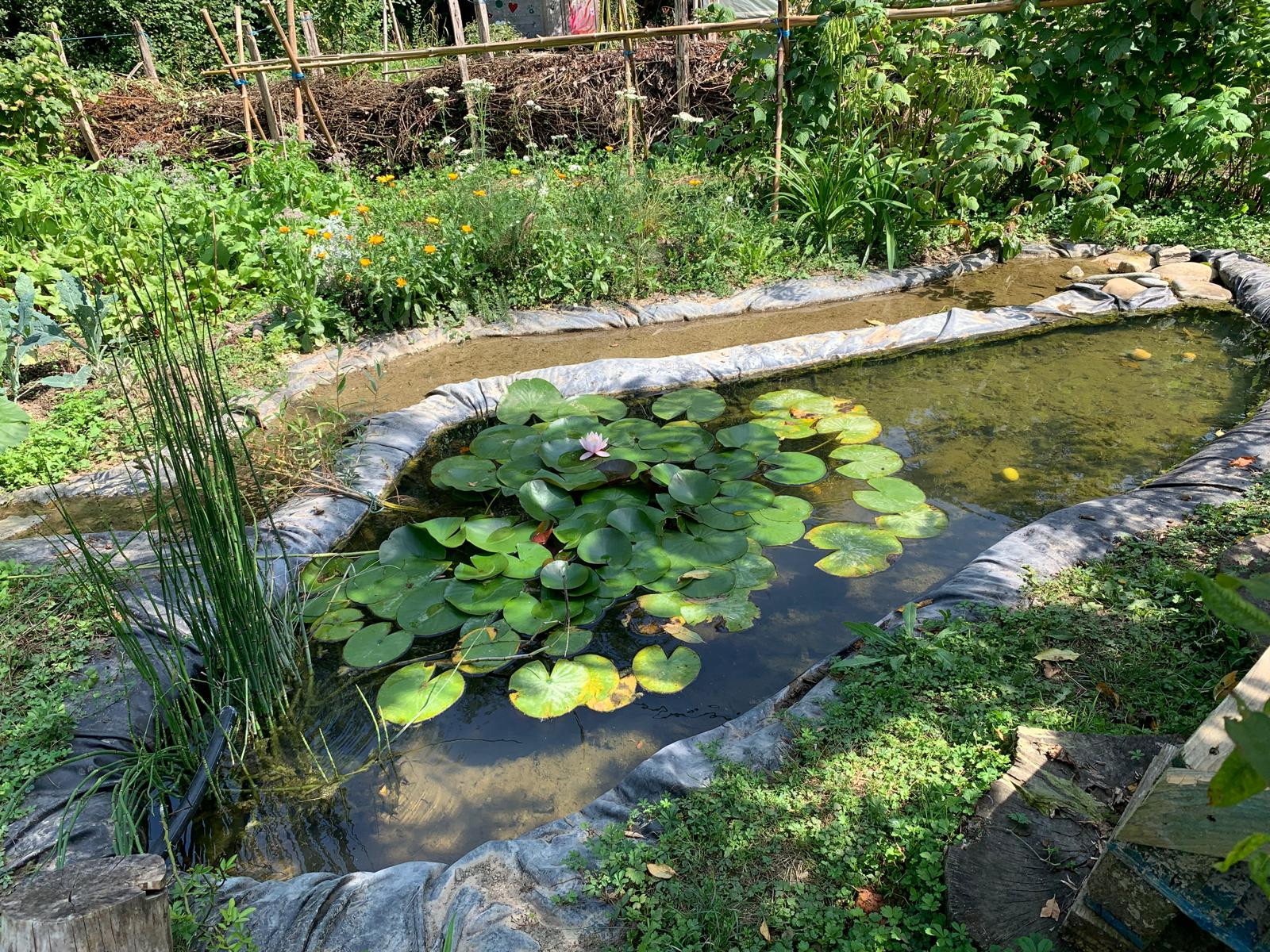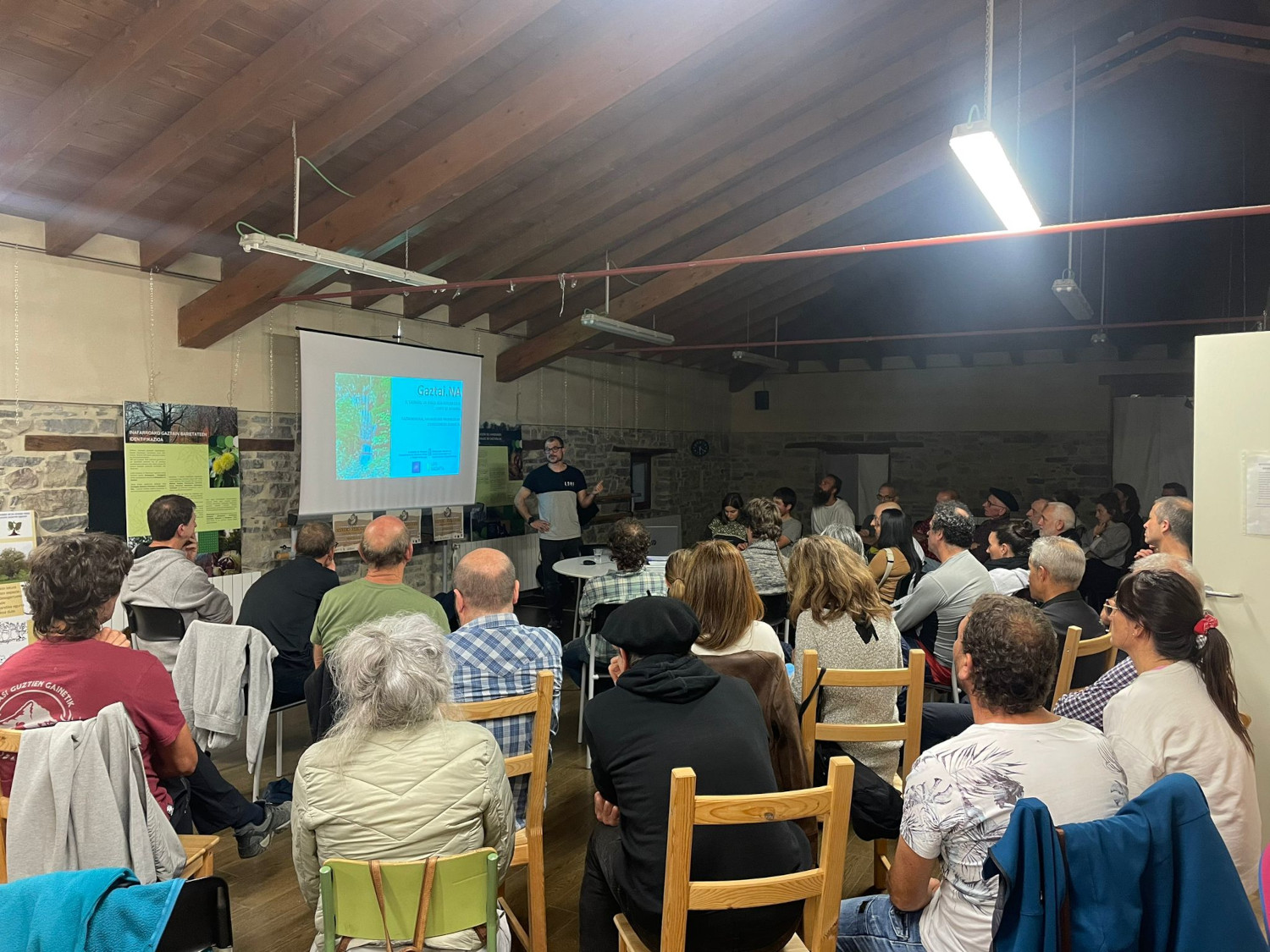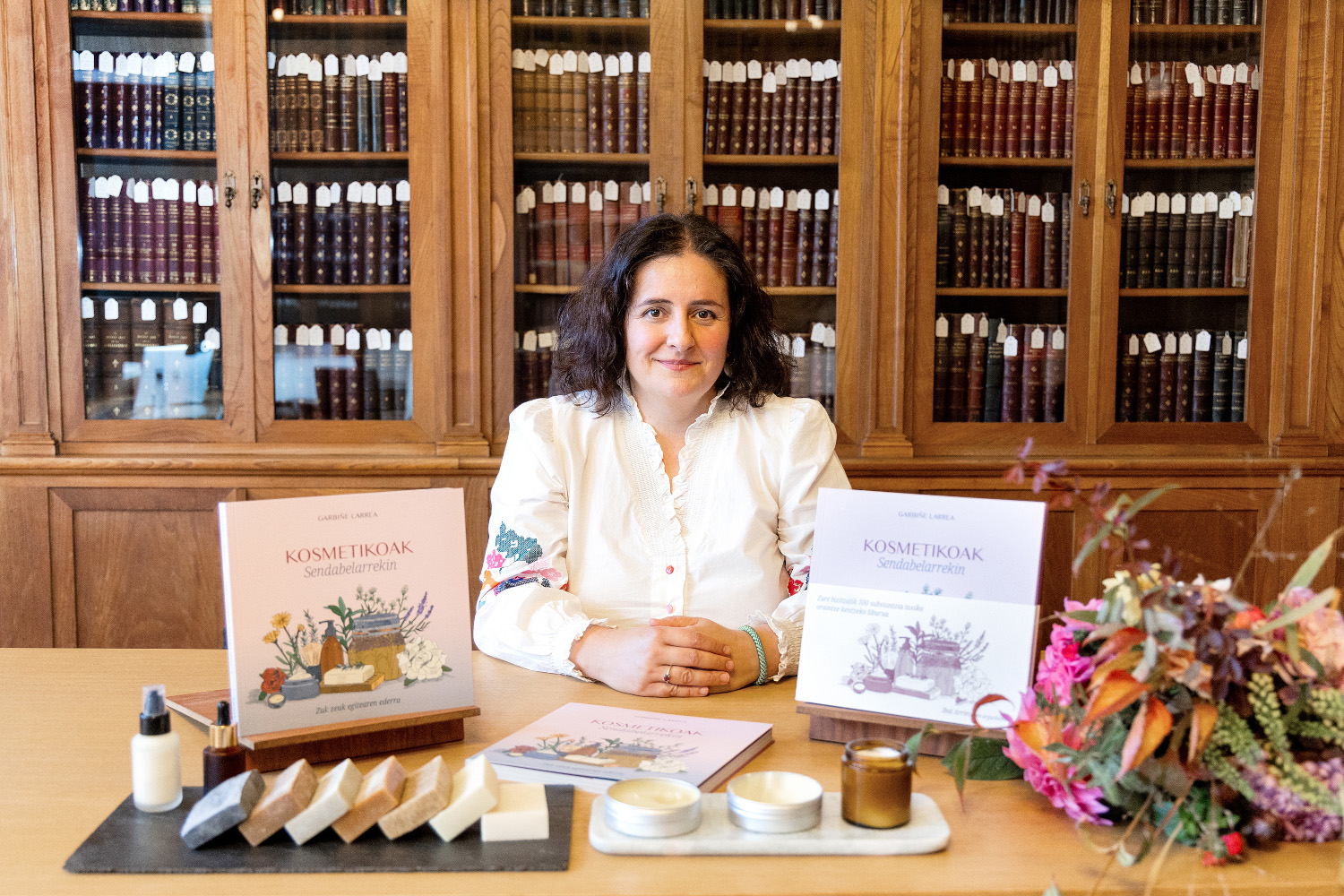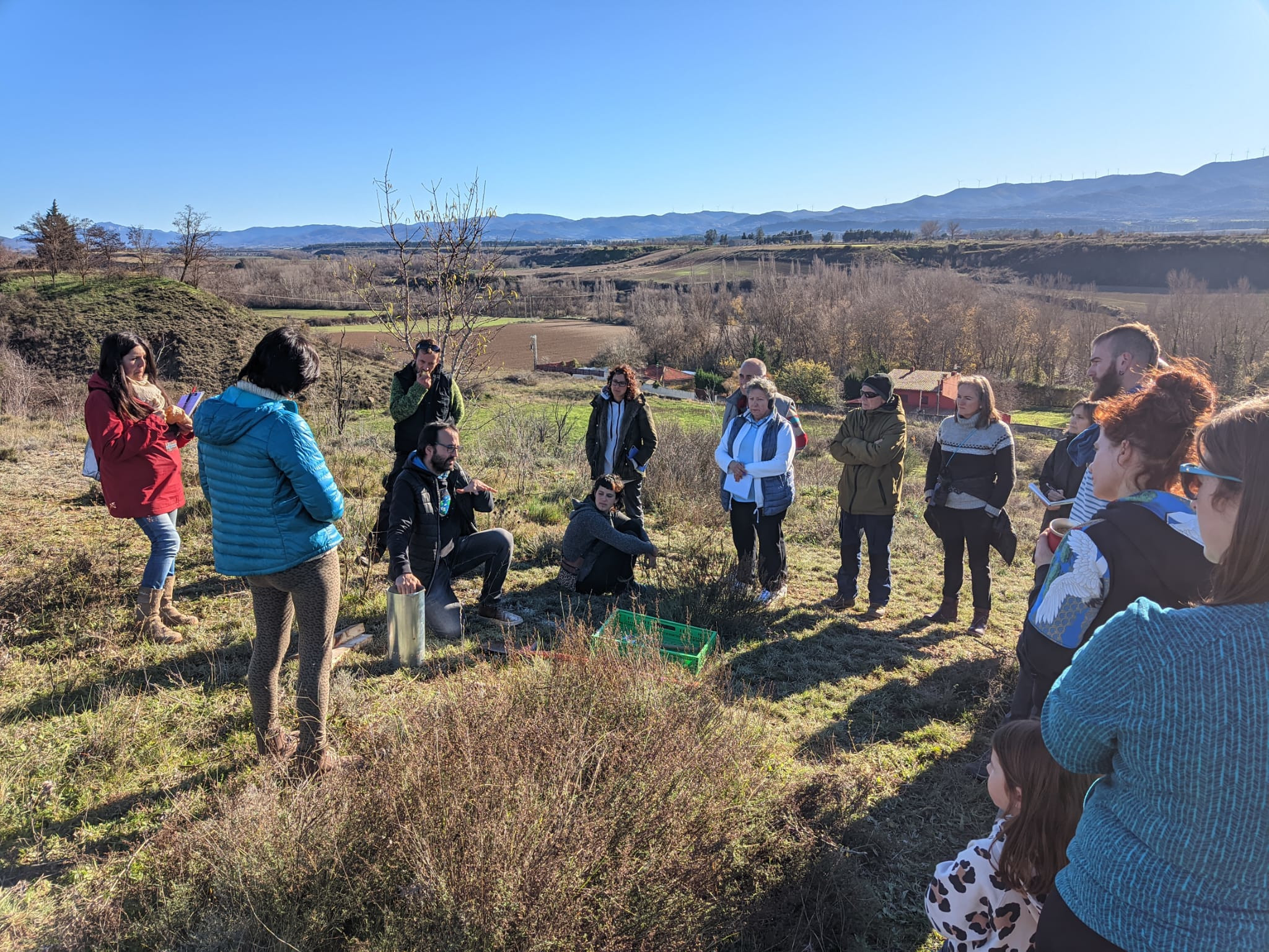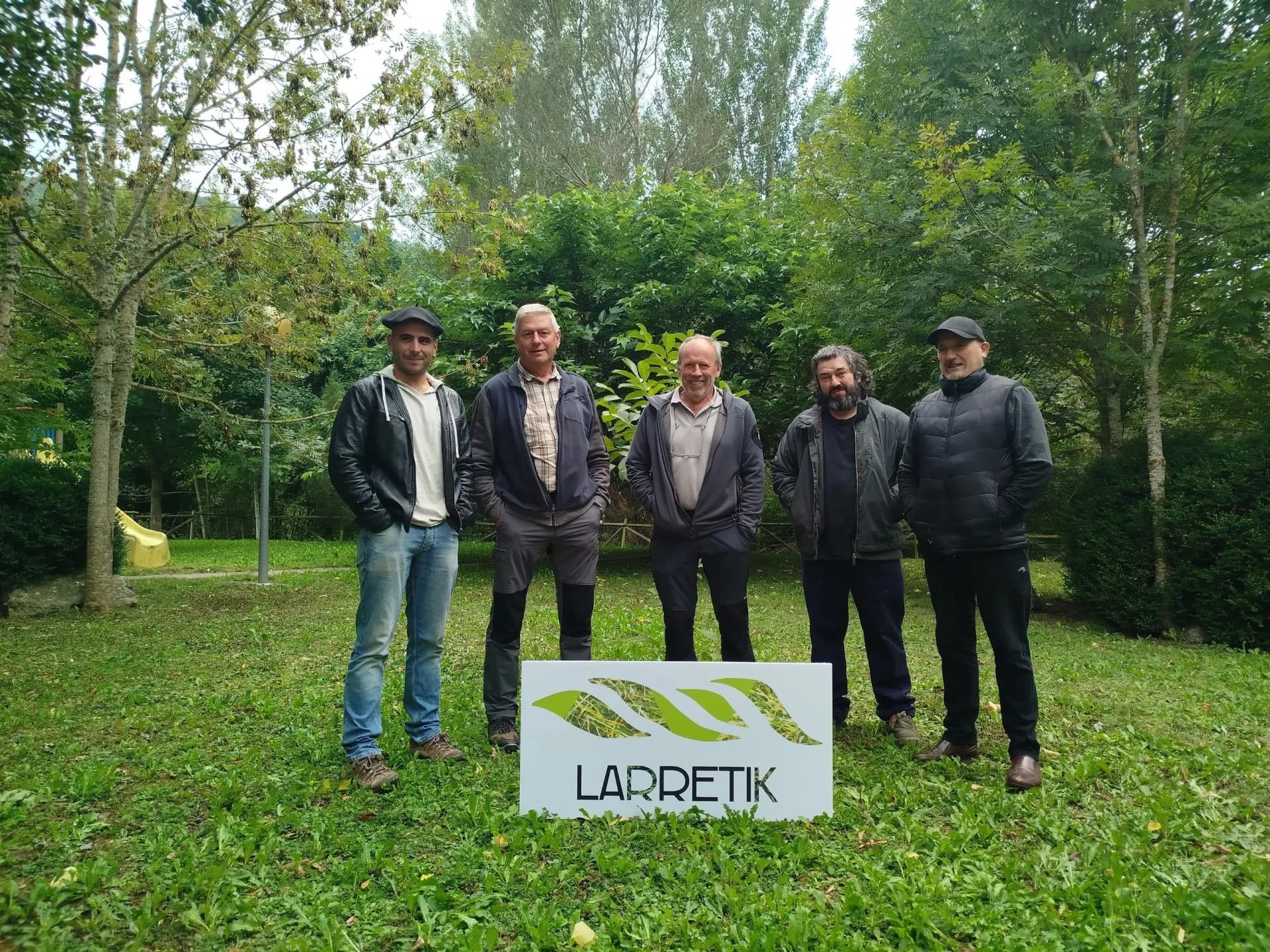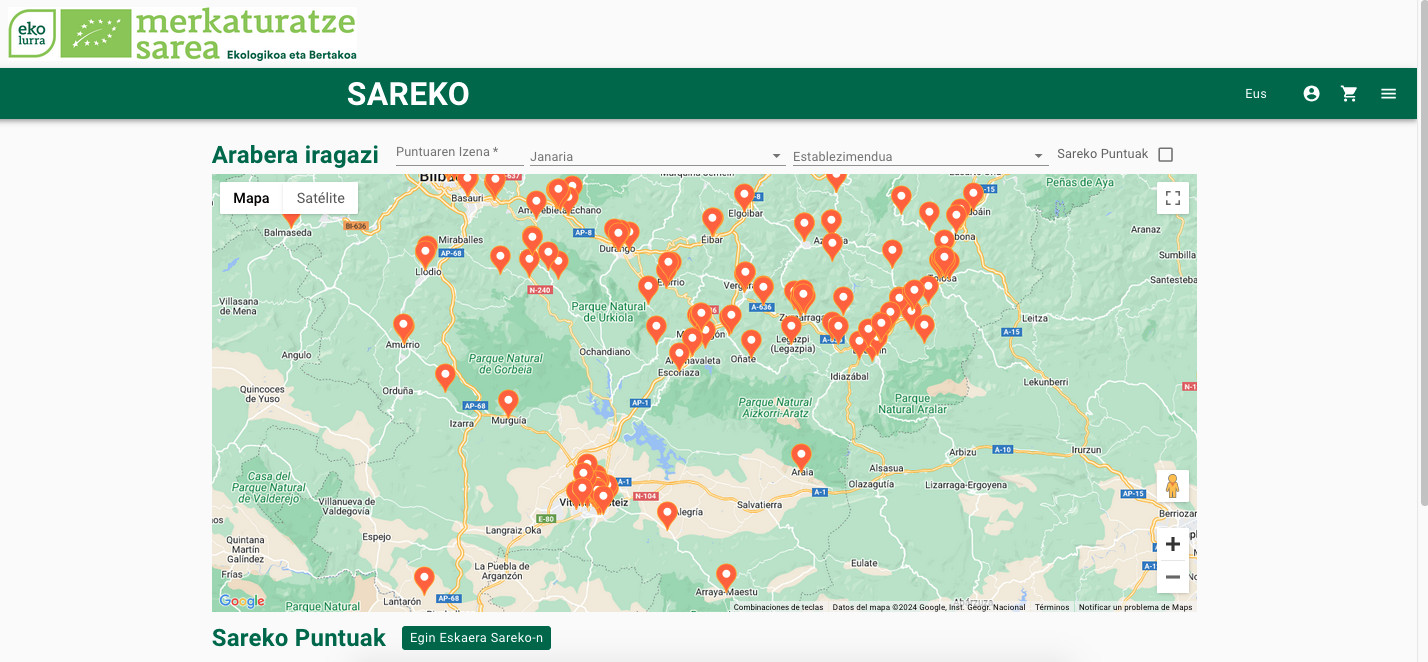Working on new governance models

Work on food sovereignty and incorporate a gender perspective in this elaboration. That is the main idea of the project that the Mugarik Gabe Nafarroa, Mundubat and IPES foundations have jointly launched. Under the title “Towards local and transformative governance from the point of view of food sovereignty and gender equality”, the members of the project will pass through the five merinties of Navarra. After spending January in Estella and February in Tafalla, in March they will be in Tudela and will not stop until May: The project will take place in Sangüesa and Pyrenees, as well as in the merinties of Pamplona and northern Navarre.
From food sovereignty…
“Our goal is to talk about food sovereignty, put the issue on the table,” explains Maialen Chantre Irazoki, a member of Mugarik Gabe. They consider it essential to address the issue with people working in public institutions, which is why they have given special importance to the participation of municipal technicians, councilors and mayors in the process.
From the very beginning, the project members have been in contact with the actors in each area and with the development agencies. Each merinity is organizing a training with the people of the institutions, an exhibition “Critical Garden” and a talk with researchers from the UPV/EHU who have just analyzed the socioeconomic impacts of the fairs.
…gender equality
“The first thing we have done in the project has been to get together with the women of the primary sector of each region and make a workshop,” says Mugarik Gabe. The aim is to pick up the obstacles they have in everyday life, but above all the overburdens they suffer as women in the sector. In total, five workshops were held, involving about 40 women. “We transfer to the institutions of this place the problems and concerns that have been raised in the workshops with women in each region,” he explains Chantre.La
idea now is to prepare a document with all the information collected to make it accessible to all citizens and forwarded to the institutions and the Government of Navarra. Until this is completed, work will continue on the remaining areas, on the organisation of the food system and on the alternatives that arise.














